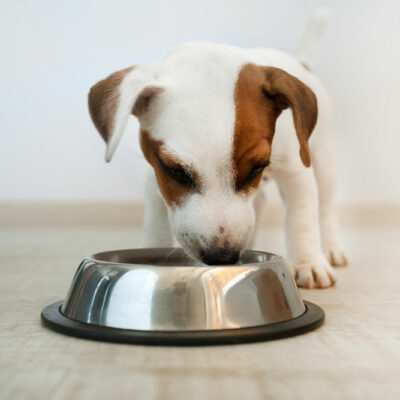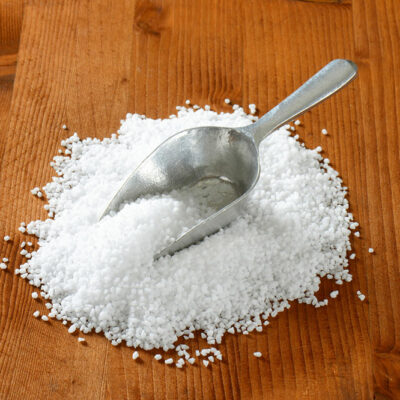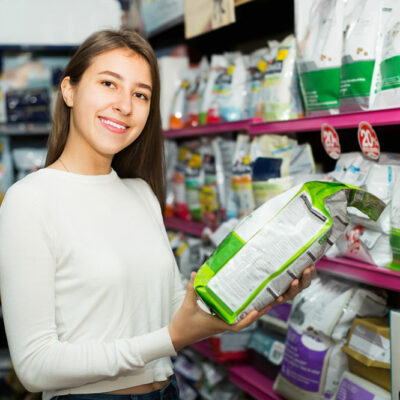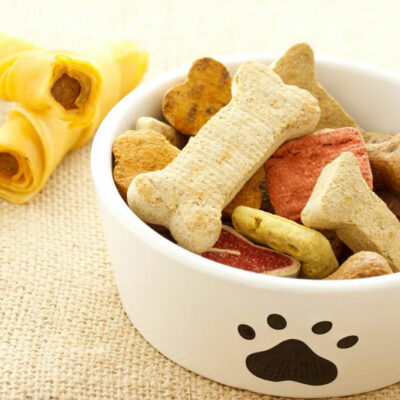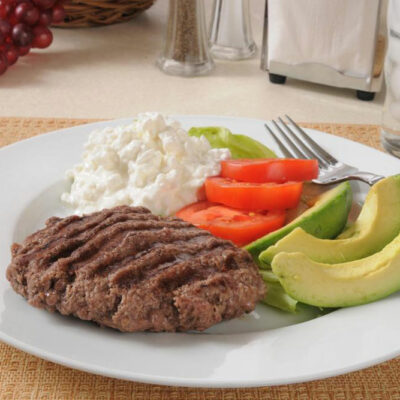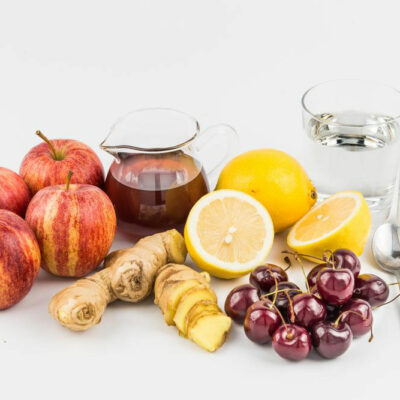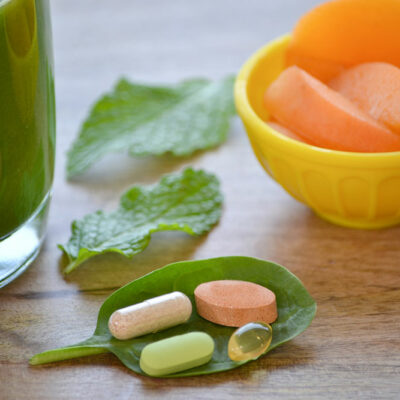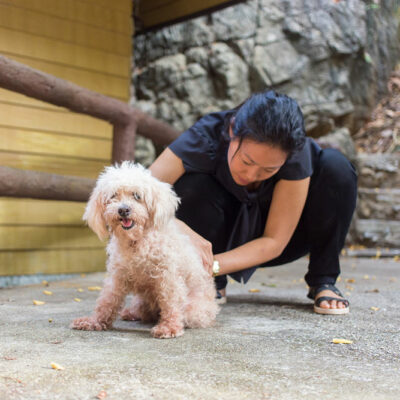
Diseases & Conditions
Causes of dog allergies and effective home remedies
Dogs are a man’s best friend, and you can feel really anxious if your dog starts having an allergic reaction that makes it uncomfortable. Some of the most common signs of dog allergies are itching, scratching, and chewing. What causes dog allergies? Skin allergies or allergic dermatitis are the most common type of allergies developed by dogs. The prime causes of dog allergies include: Bacterial infections Certain foods which trigger allergic reactions Exposure to various environmental allergens Dog allergies and their natural remedies If your dog is developing any allergic reaction, your vet should be the first person you should reach out to. Besides, there are various natural remedies available for some common dog allergies. These natural remedies are readily available at your home and can relieve your dog from various allergies. Below is a list of dog allergies and their natural remedies for your reference. These natural remedies are very helpful in the treatment of different dog allergies such as dry skin or stomach upset. Vitamin E oil Vitamin E oil is full of antioxidants. Antioxidants primarily fight aging. They work towards the prevention of free radical damage. Free radical damage is the main cause of ageing. Application of vitamin E oil can protect your dog from UV radiation.
